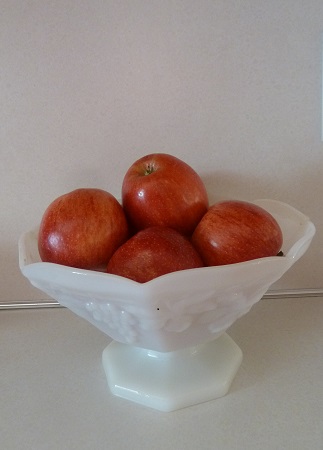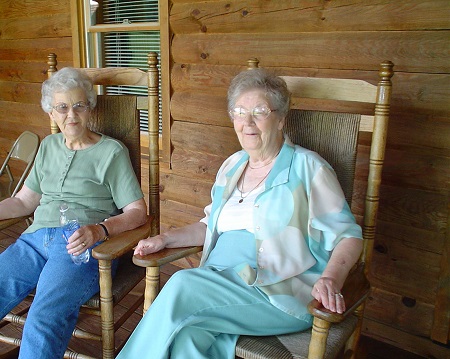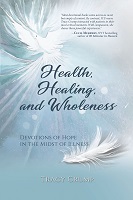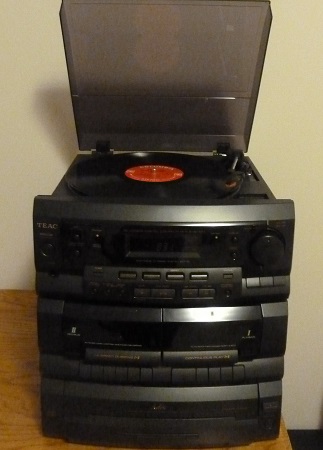Apple of My Eye
 Over the years, several children and youth have become the apple of my eye. I love them a bushel and a peck and consider them my children. They have included:
Over the years, several children and youth have become the apple of my eye. I love them a bushel and a peck and consider them my children. They have included:
- Youth in my Sunday school class
- Children of friends and family
- International students
The apple of my eye is someone or something special or cherished.
I favor them over others. Feelings run deep.
Often, as in Shakespeare’s A Midsummer Night’s Dream, this expression refers to a romantic relationship.
“Flower of this purple dye,
Hit with Cupid’s archery,
Sink in apple of his eye”
This expression appears several times in the Bible.
“In a desert land he [God] found him [Israel], in a barren and howling waste. He shielded him and cared for him; he guarded him as the apple of his eye” (Deuteronomy 32:10 NIV).
“Keep my command and you will live; guard my teachings as the apple of your eye” (Proverbs 7:2 NIV).
“For this is what the Lord Almighty says: ‘After the Glorious One has sent me against the nations that have plundered you—for whoever touches you touches the apple of his eye—’” (Zechariah 2:8 NIV).
As seen in these verses and in the verse below, the expression refers to both human and non-human objects of affection.
God wants everyone as His children, the apple of His eye.
Accepting God’s gift makes all the difference for this life and the life to come.
“Keep me as the apple of your eye; hide me in the shadow of your wings” (Psalm 17:8 NIV).
Thanks to Beckham Wilson for the suggestion.
Do you have an expression you want explained or a thought about this one? If so, please comment below.
Subscribe to receive my weekly posts by email and receive a free copy of “Words of Hope for Days that Hurt.”
If you enjoyed this post, please share it with your friends.






 I love butterflies, don’t you? I watch for them in gardens, yards, and on walks. Their colors and the way they flutter through the air thrill me. A butterfly makes any day better. However, I don’t love butterflies in my stomach.
I love butterflies, don’t you? I watch for them in gardens, yards, and on walks. Their colors and the way they flutter through the air thrill me. A butterfly makes any day better. However, I don’t love butterflies in my stomach. I caught this little squirrel where he should not be, doing what he should not do. The feeder was for birds, not squirrels. Yet, there he sat, stuck up and daring me to do anything about it.
I caught this little squirrel where he should not be, doing what he should not do. The feeder was for birds, not squirrels. Yet, there he sat, stuck up and daring me to do anything about it. For young people unfamiliar with vintage audio, saying someone sounds like a broken record fails to compute. Many can’t relate to a record player needle landing on a scratched vinyl record—a sound definitely not
For young people unfamiliar with vintage audio, saying someone sounds like a broken record fails to compute. Many can’t relate to a record player needle landing on a scratched vinyl record—a sound definitely not  Get ready. Beware. Katy bar the door.
Get ready. Beware. Katy bar the door.